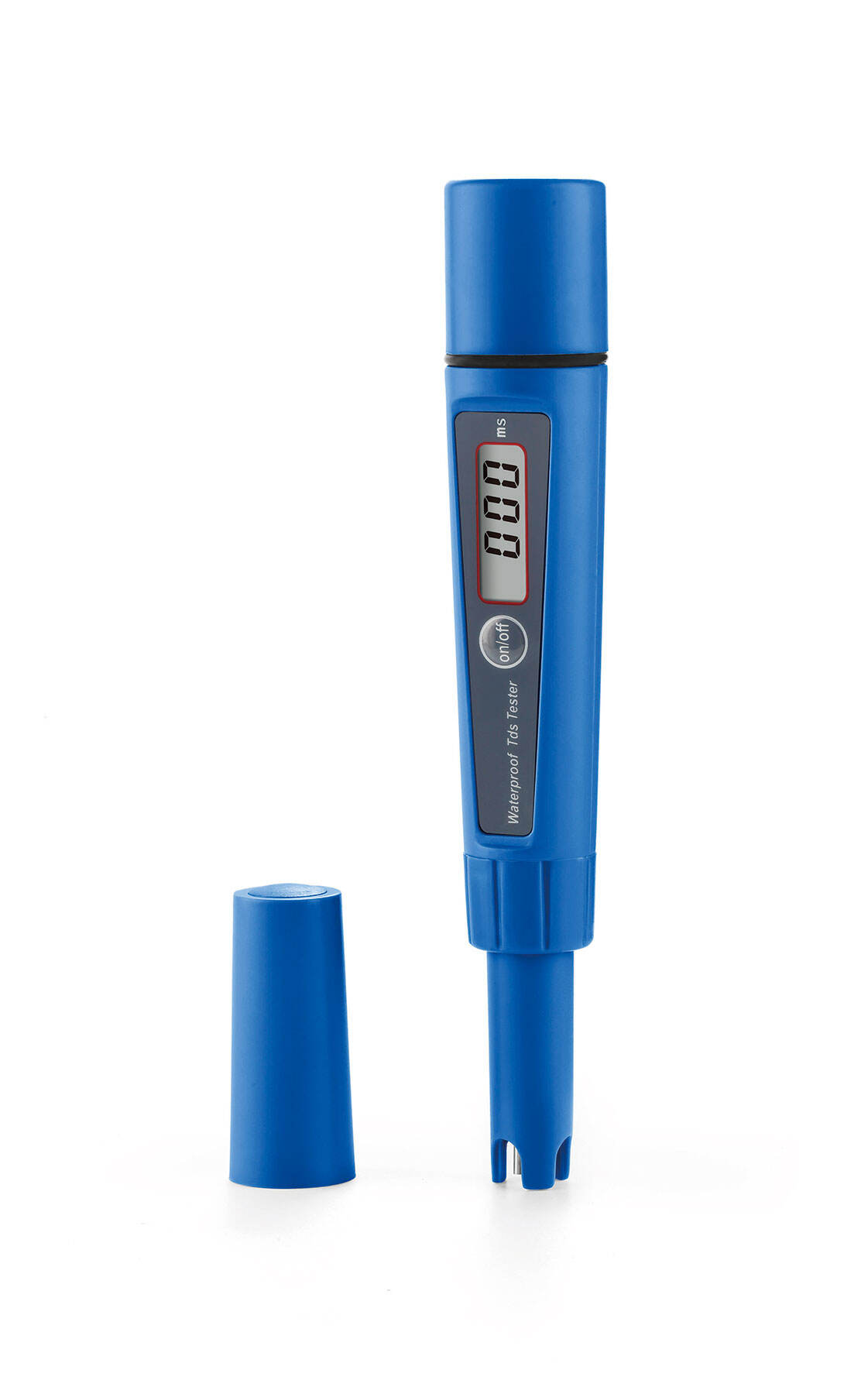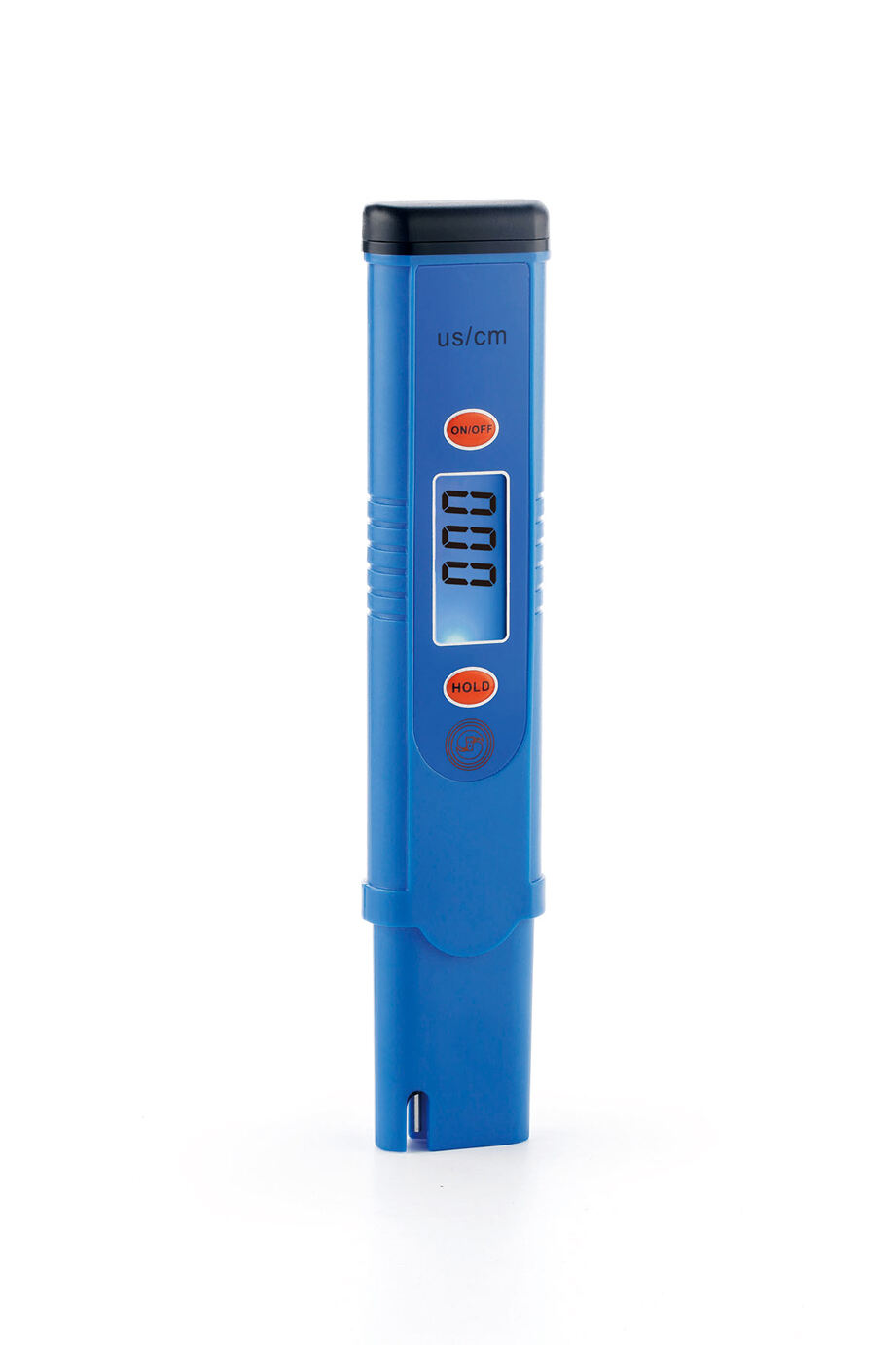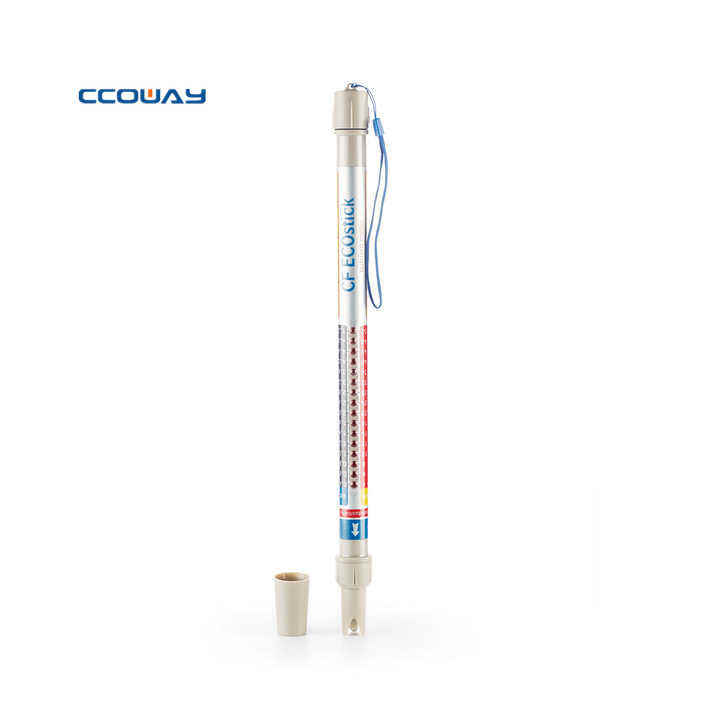conductivity tester for metals
A conductivity tester for metals is a sophisticated instrument designed to measure and evaluate the electrical conductivity of various metallic materials with precision and reliability. This essential testing device employs advanced electromagnetic principles to determine a metal's ability to conduct electrical current, making it invaluable for quality control and material verification processes. The tester operates through non-destructive testing methods, utilizing eddy current technology to provide accurate measurements without damaging the test specimen. Modern conductivity testers feature digital displays, offering readings in various units including %IACS (International Annealed Copper Standard) or MS/m (MegaSiemens per meter). These instruments typically include temperature compensation capabilities to ensure accurate readings across different environmental conditions. The device's portable nature allows for both laboratory and field testing applications, making it essential for industries such as aerospace, automotive manufacturing, and metal processing. Advanced models incorporate data logging capabilities, enabling users to store and analyze measurement results for quality assurance documentation. The testing process is quick and straightforward, requiring minimal sample preparation while delivering immediate results, which significantly enhances production efficiency and quality control procedures.


